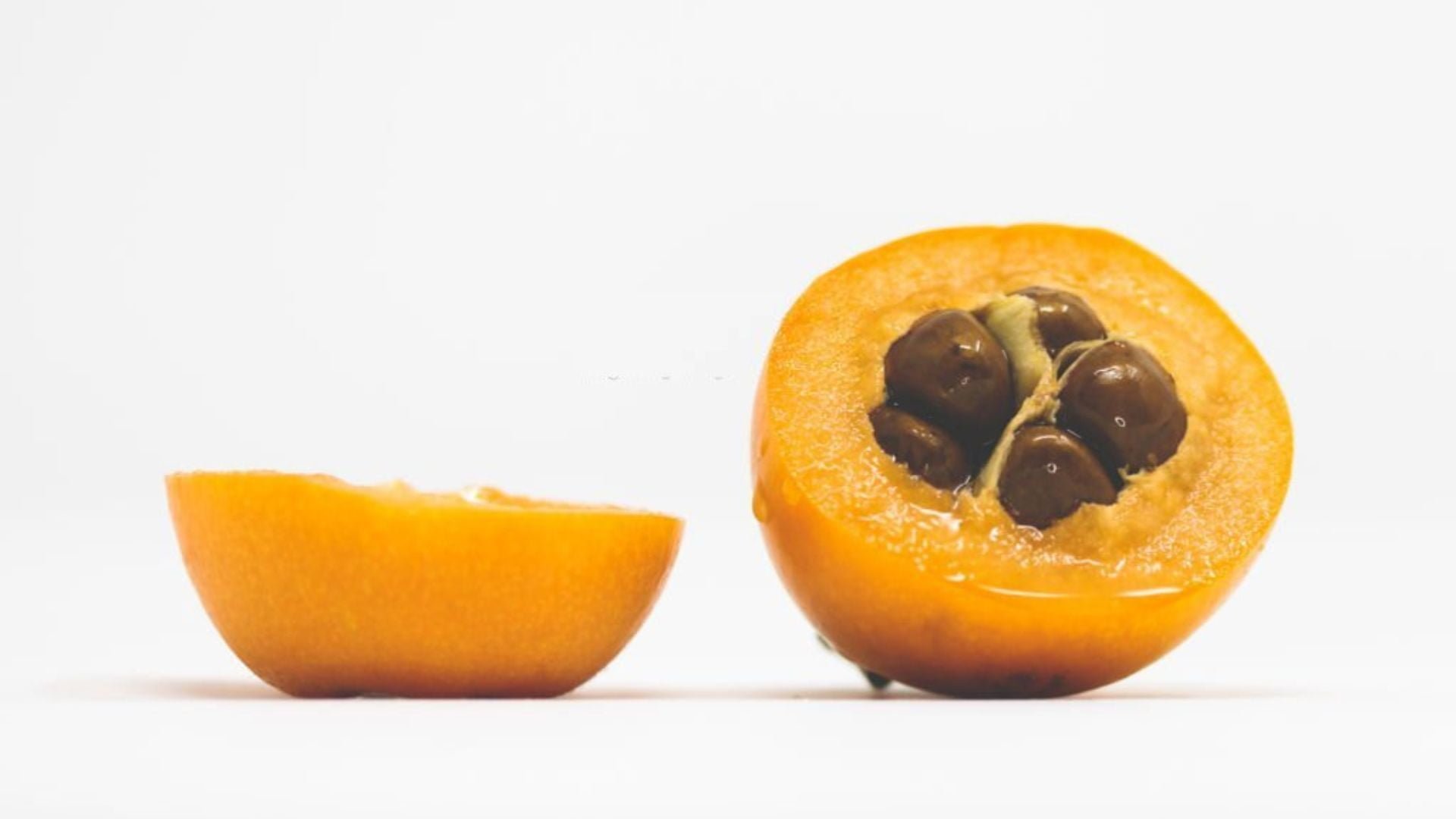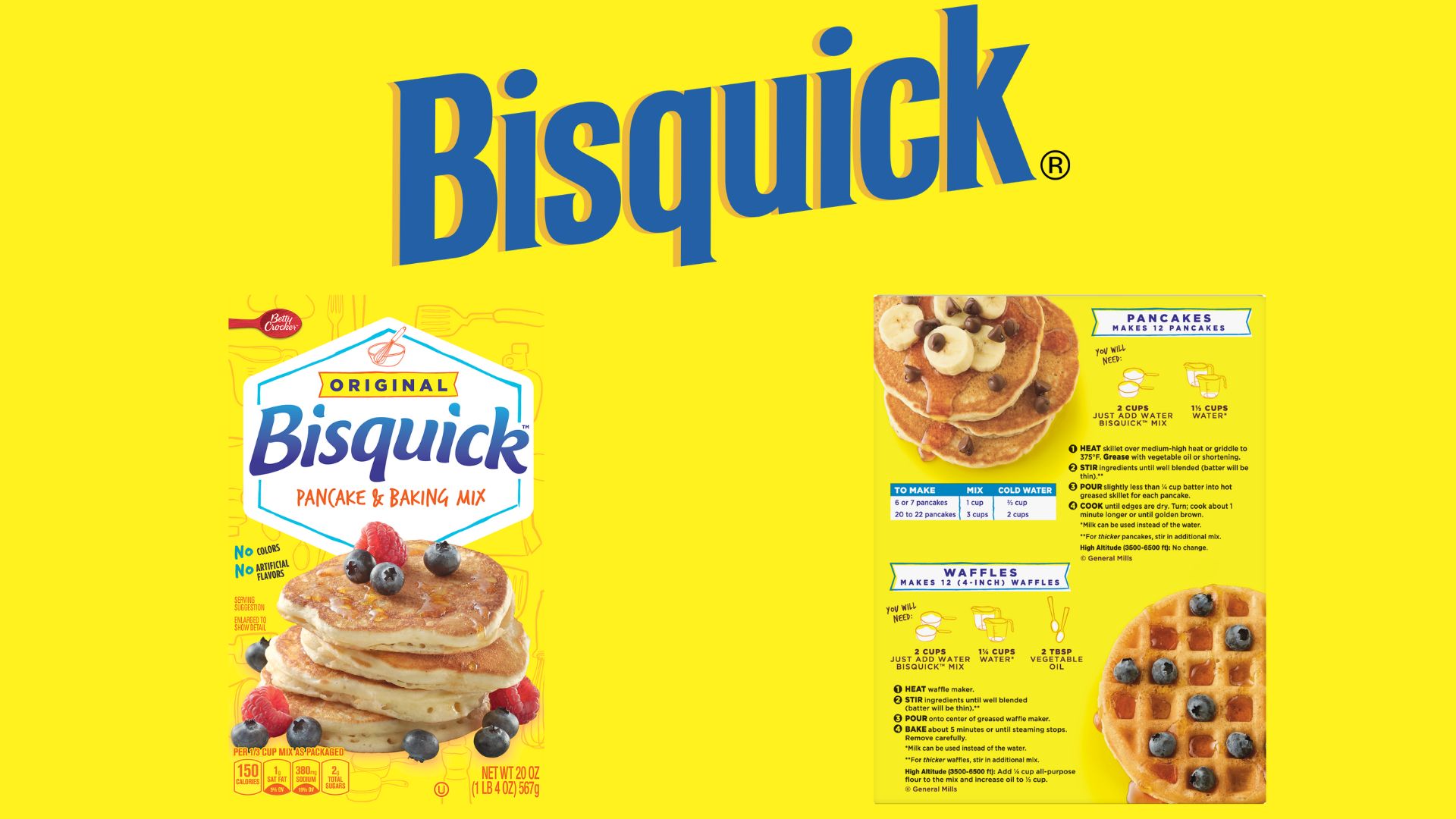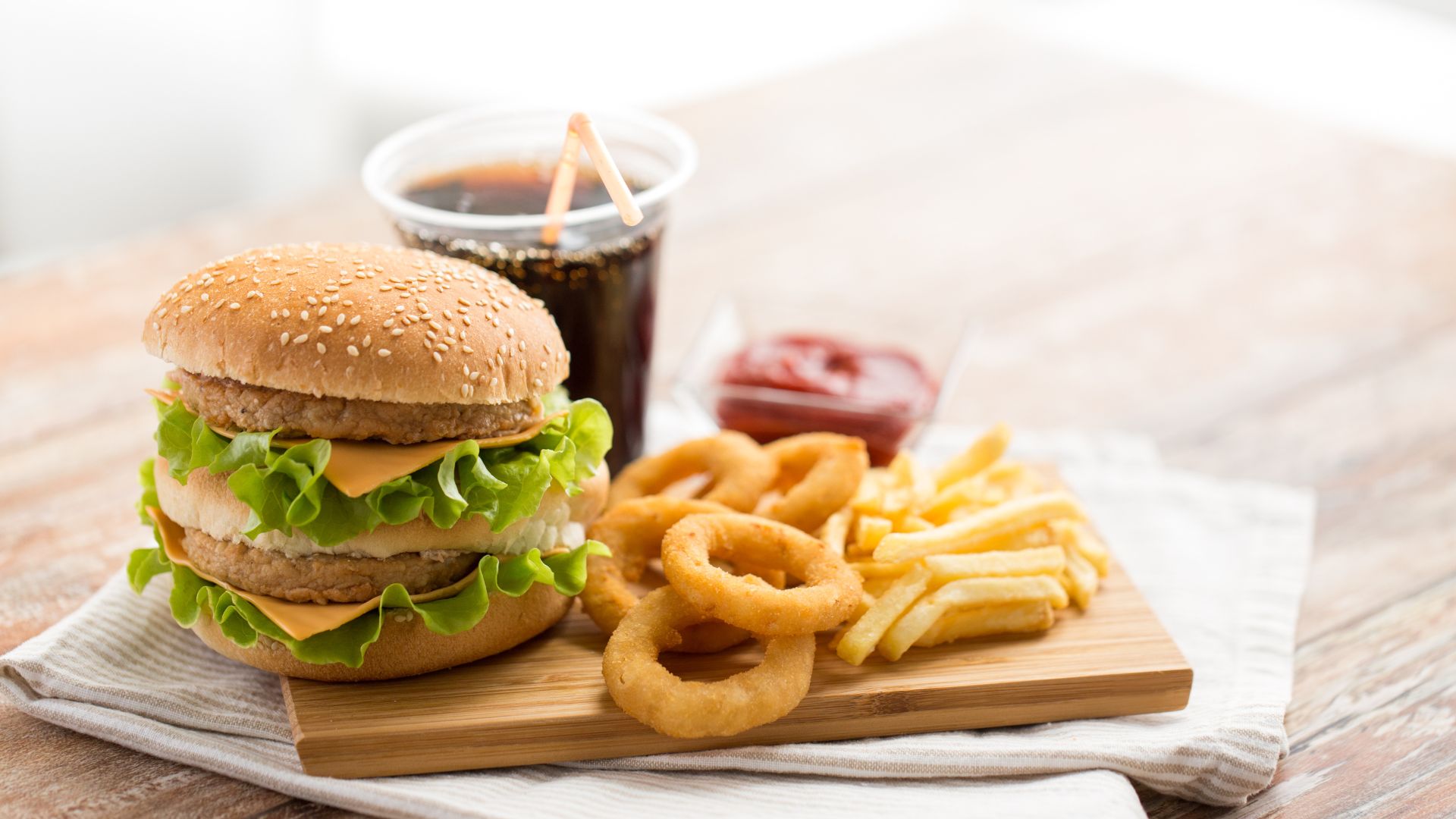![Are Similac Formula Cans Recyclable? [SOLVED] Recycle with Similac - Nurture a Greener Future!](https://fitgag.com/wp-content/uploads/2023/01/Recycle-with-Similac-Nurture-a-Greener-Future.jpg)
Are Similac Formula Cans Recyclable? [SOLVED]
Are Similac formula cans recyclable? This is a common question asked by parents who are looking for ways to be more eco-friendly while providing their babies with the best possible nutrition. Fortunately, many Similac formula cans are recyclable and can be disposed of in a responsible way. In this article, we will discuss the recyclability of Similac formula cans, what materials they are made from, and explain how to properly recycle them. We will also discuss alternatives to recycling and provide resources for finding recycling centers near you.
Tips for Recycling Similac Formula Cans and Other Baby Formula Packaging
- Ensure the packaging is empty: Before attempting to recycle Similac formula cans or any other baby formula packaging, it is important to ensure that the packaging is completely empty. To do this, shake the package and allow any residual formula to fall out.
- Rinse the packaging: After the packaging has been emptied, rinse it with warm soapy water. This will help remove any residue and prevent contamination in the recycling bin.
- Check with your local recycler: Before disposing of your Similac formula cans or any other baby formula packaging, it is important to check with your local recycler to ensure that the packaging can be recycled. While some recyclers may accept the packaging, others may not.
- Separate materials: If your local recycler does accept the packaging, it is important to separate any materials before recycling. This includes plastic lids, metal cans, and cardboard cartons.
- Precycle: When possible, opt for packaging that is recyclable or compostable. This will help reduce the amount of waste that goes into landfills.
By following these steps, you can help ensure that your Similac formula cans and other baby formula packaging are recycled properly.
What to Know About Manufacturing and Recycling Similac Formula Cans
Manufacturing Similac Formula Cans
Similac formula cans are manufactured using a variety of methods. First, the metal is cut into sheets and sent to a stamping facility where they are stamped into the desired shape. The metal is then coated with a protective coating, such as epoxy, to prevent corrosion. The cans are then passed through a series of assembly lines, where they are filled with formula and sealed. Finally, they are given a label and packaged for distribution.
Recycling Similac Formula Cans
Similac formula cans are recyclable and should be disposed of properly. To recycle these cans, the cans should be emptied and rinsed and the labels should be removed. The cans should then be placed in a designated recycling bin for collection. Once collected, the cans are taken to a recycling facility where they are broken down and melted into new products.
Overall, Similac formula cans are made with quality materials and can be recycled in order to reduce waste and preserve natural resources. By taking the time to properly dispose of Similac formula cans, consumers can help to protect the environment and conserve natural resources.
How to Properly Dispose of and Recycle Similac Formula Cans
Properly disposing of and recycling Similac formula cans is an important part of contributing to a more sustainable environment. Here are the steps you should take to properly dispose of and recycle Similac formula cans.
Step 1: Empty the Can
Before discarding the Similac formula can, you should empty it. To do this, you should pour the remaining formula into a bowl or sink and rinse the can with water. Make sure to rinse the inside of the can and to shake off any excess formula.
Step 2: Dispose of the Formula
Once the can is empty, you should then dispose of the formula. The best way to do this is to throw the formula away in a trash bag. Make sure not to pour it down the drain or flush it down the toilet.
Step 3: Rinse the Can
After you have disposed of the formula, you should then rinse the Similac formula can. You should use warm soapy water to clean the can, making sure to remove any residue from the inside and outside of the can.
Step 4: Dry the Can
Once you have rinsed the can, you should then dry it. You can either air-dry the can or use a paper towel to wipe off the excess water.
Step 5: Recycle the Can
The final step is to recycle the Similac formula can. You should check with your local recycling center to see if they accept Similac formula cans. If they do, you can take the can to the recycling center and they will take care of the recycling process.
By following these steps, you can properly dispose of and recycle Similac formula cans. By doing your part, you can help make the environment a better place for future generations.
The Benefits of Recycling Similac Formula Cans
Recycling Similac formula cans can have a positive impact on the environment. It is a simple action that can make a big difference in reducing waste and conserving resources. Here are some of the benefits of recycling Similac formula cans.
First, recycling Similac formula cans helps to reduce the amount of waste in landfills. Aluminum cans are 100 percent recyclable, meaning that they can be reused to create new products. By recycling these cans, we are preventing them from ending up in landfills, which can help to reduce the amount of waste that accumulates over time.
Second, recycling Similac formula cans help to conserve resources. By recycling these cans, we are preventing the need to use new raw materials to make aluminum products. This is important as aluminum is a limited resource and should be used as efficiently as possible.
Third, recycling Similac formula cans can help to reduce energy consumption. The process of recycling aluminum requires less energy than creating new aluminum products from raw materials. This means that recycling these cans can help to reduce the amount of energy used in the manufacturing process, which can have a positive effect on the environment.
Finally, recycling Similac formula cans can help to create new jobs. Recycling these cans can create employment opportunities, as the collection and processing of these cans require manpower. This can help to create jobs in the local community and contribute to the local economy.
Overall, recycling Similac formula cans is an easy and effective way to reduce waste and conserve resources. It is a simple action that can have a positive impact on the environment and can help to create new jobs in the local community. Therefore, recycling these cans is an important step toward creating a more sustainable future.
An Overview of Similac Formula Cans and Their Recyclability
Similac is a popular brand of infant formula created by Abbott Nutrition. It is a nutritionally complete formula designed to provide all the essential nutrients needed for infants’ growth and development. Similac formula typically comes in cans, which are convenient for storage and transportation.
The cans that Similac formula is sold in are composed of a combination of steel and aluminum, which makes them recyclable. However, the lids of the cans are not recyclable due to the plastic liner on the inside. To properly recycle the cans, the lids must be detached from the cans and disposed of separately. The cans can then be placed in the appropriate recycling bin.
In addition to being recyclable, Similac formula cans are made with a high percentage of recycled materials. This helps to reduce the amount of new materials needed for production, thus helping to conserve natural resources.
Similac also offers a “Ready to Feed” formula that comes in pre-sterilized containers. These containers are not recyclable, but they are made with a high percentage of recycled materials and can be reused.
Similac is committed to reducing its environmental impact and has taken several steps to ensure that its products are produced in a sustainable manner. The company encourages consumers to recycle cans, and it offers a recycling program in partnership with TerraCycle. Through this program, consumers can send their empty Similac cans and lids to TerraCycle to be recycled into new products.
Overall, Similac formula cans are recyclable, and the company is dedicated to reducing their environmental impact. Consumers can take part in the Similac and TerraCycle recycling programs to ensure that these cans are recycled properly.
Q&A
Are Similac Formula Cans recyclable?
Yes, the cans that Similac formula comes in can be recycled.
How should I dispose of the cans?
Recycle the cans by placing them into a recycling bin or taking them to a local recycling center.
Are the lids of Similac formula cans recyclable?
Yes, the lids of the Similac formula cans are also recyclable.
Are the plastic containers that Similac formula comes in recyclable?
Yes, the plastic containers that Similac formula comes in are also recyclable.
What should I do with the empty formula cans before recycling them?
Before recycling the empty formula cans, rinse them out and remove the labels.
Conclusion
In conclusion, Is Similac Formula Cans Recyclable? The short answer is yes – Similac formula cans are recyclable. If you take your Similac can to a local recycling center, or if your local waste management company offers curbside recycling, you should be able to recycle your Similac can. However, it is always best to check with your local recycling center or waste management company to make sure they accept the item.


![Are Similac Formula Cans Recyclable? [SOLVED] Timothy P. Carnes](https://fitgag.com/wp-content/uploads/2023/04/Timothy-P.-Carnes.jpg)








